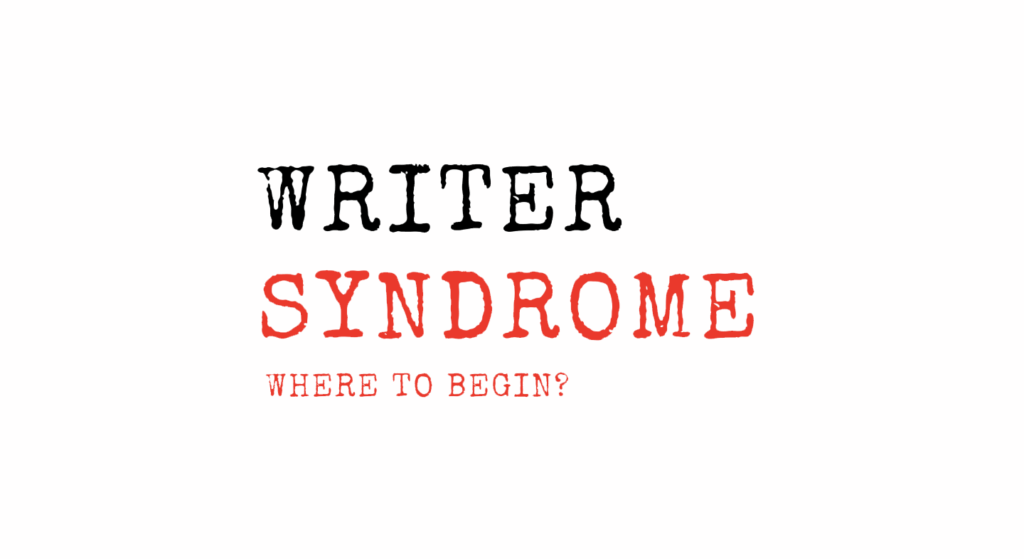
Tim Letteney I 5 min read
Overcoming the Fear of Starting
One of the biggest hurdles for aspiring writers is just getting started. I spent years away from creative writing, feeling stuck despite my background in English. It wasn’t until I found encouragement and accountability that I regained my momentum. Writing thrives in a supportive environment, and finding a writing partner, mentor, or group can provide the push needed to move past self-doubt.
Just Write—Even if It’s Bad
One of the most important lessons I’ve learned is that first drafts are never perfect, and that’s okay. Recognizing that whatever I write initially is going to be rough, but that I just have to keep going, was crucial. This is advice echoed in countless writing guides, including Stephen King’s On Writing, which emphasizes that the first draft is just a starting point. The key is to finish the story before worrying about polishing it. It’s too easy to get lost in the black hole of editing. I know the editing-as-you-go approach has its advocates, but I am not one of them.
Building Momentum and Routine
Establishing a writing routine is essential in maintaining productivity. You should start with small daily goals, maybe that’s just a few hundred words. From there, you can gradually build up to consistently reaching a thousand or more. I often equate writing to exercising; your creative muscles strengthen with consistent effort. If you start too heavy, you’ll get injured and doom your routine before it even begins. Carving out dedicated writing time, whether in the morning, during lunch breaks, or late at night, helps establish a habit that sustains progress over the long term. Just start slow. Learn from my mistakes!
Creating a Support System
Talking about writing with others can help build confidence. Engaging with friends, family, or other writers has made the process feel less secretive and more natural. A word of caution, though, if you’re a writer, chances are you’re a bit sensitive, so I would suggest not sharing your early drafts. It’s normal to be excited about finishing your first draft. You’ll want to shout it from the rooftops, but don’t. Early criticism can be discouraging rather than constructive, and I don’t know if you’ve heard this, but some people like to be very critical of others who are trying something new.
The Power of Reading and Inspiration
Reading is an essential part of writing. Reading fiction helps develop storytelling skills, and inspiration can come from unexpected places—even video games or films. Understanding the landscape of a chosen genre is also crucial, as it helps position a story within a broader context.
Final Thoughts: Finish What You Start
The biggest lesson I’ve learned is that finishing a draft, no matter how rough, is an accomplishment. Once a manuscript exists, it can be improved. But without that first step, there’s nothing to refine. Writing is a process of continuous learning, and every word written is a step forward.
If you’re battling self-doubt, struggling to establish a routine, or hesitant to share your work, remember that every writer faces these challenges. The most important thing is to keep writing. Just sit down and start. You got this.
To learn more, check out the episode Where to Begin.